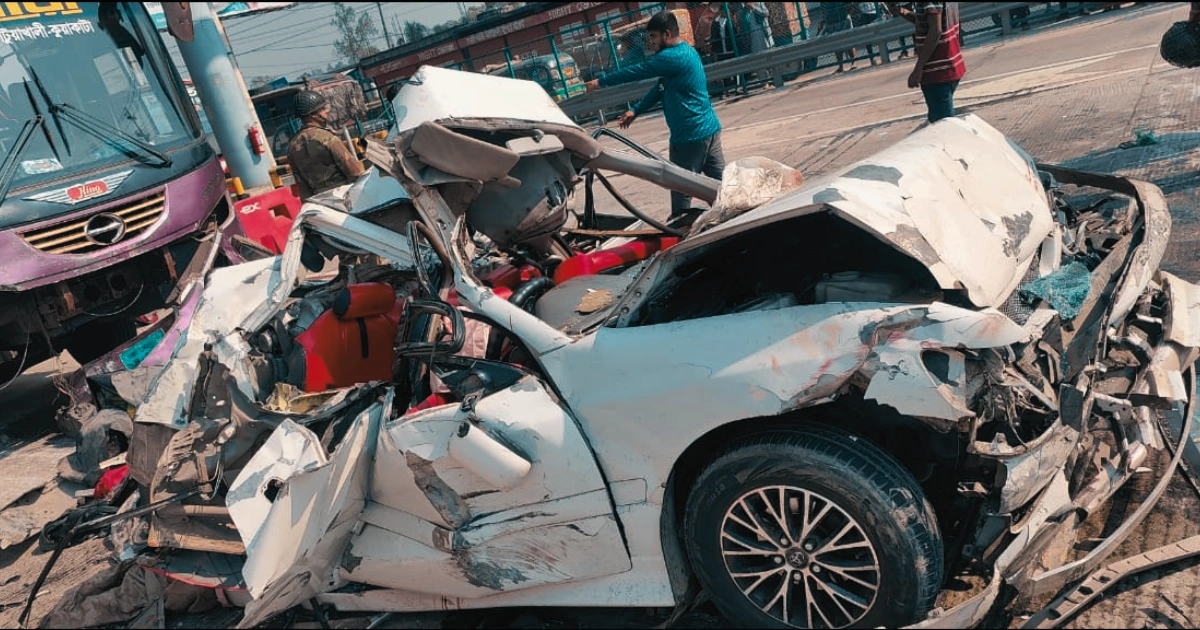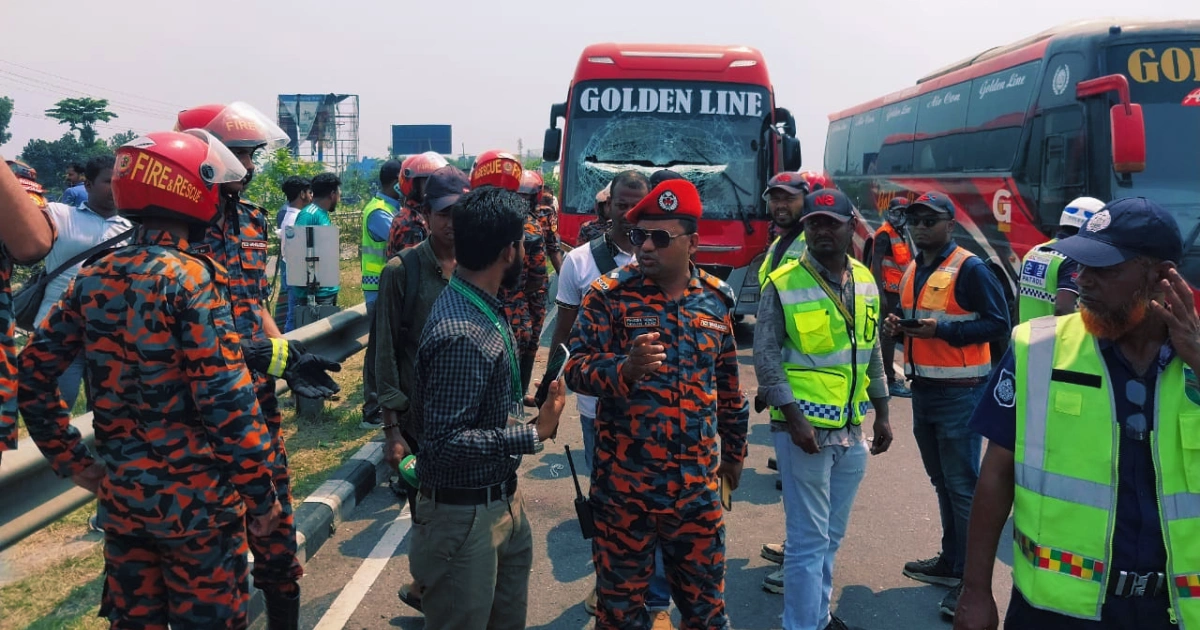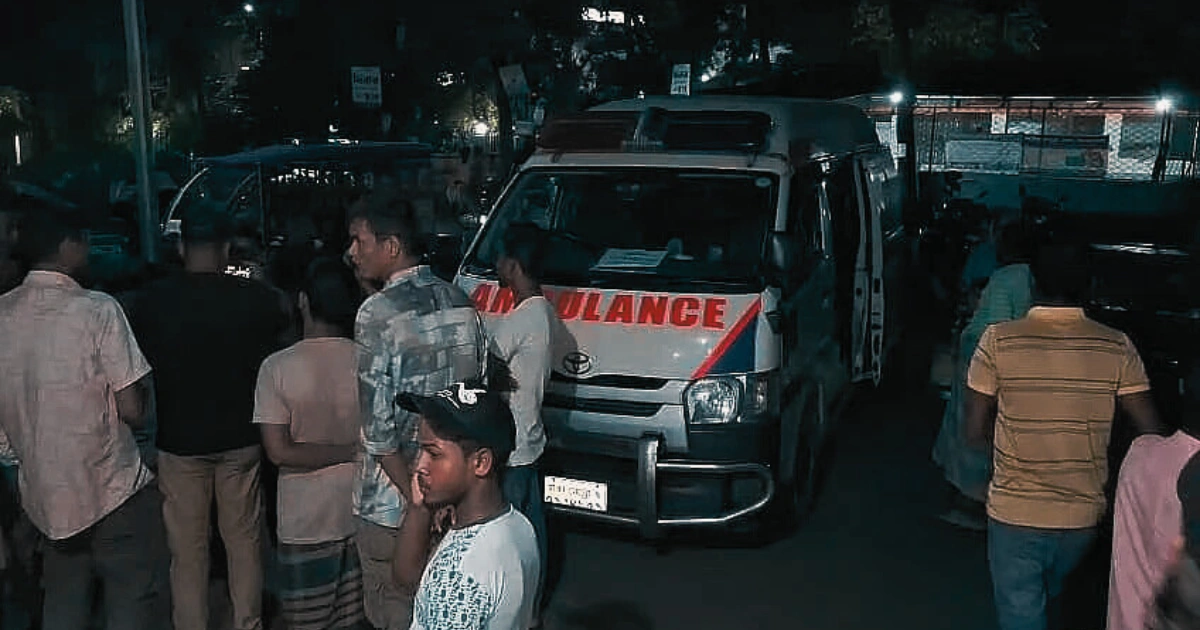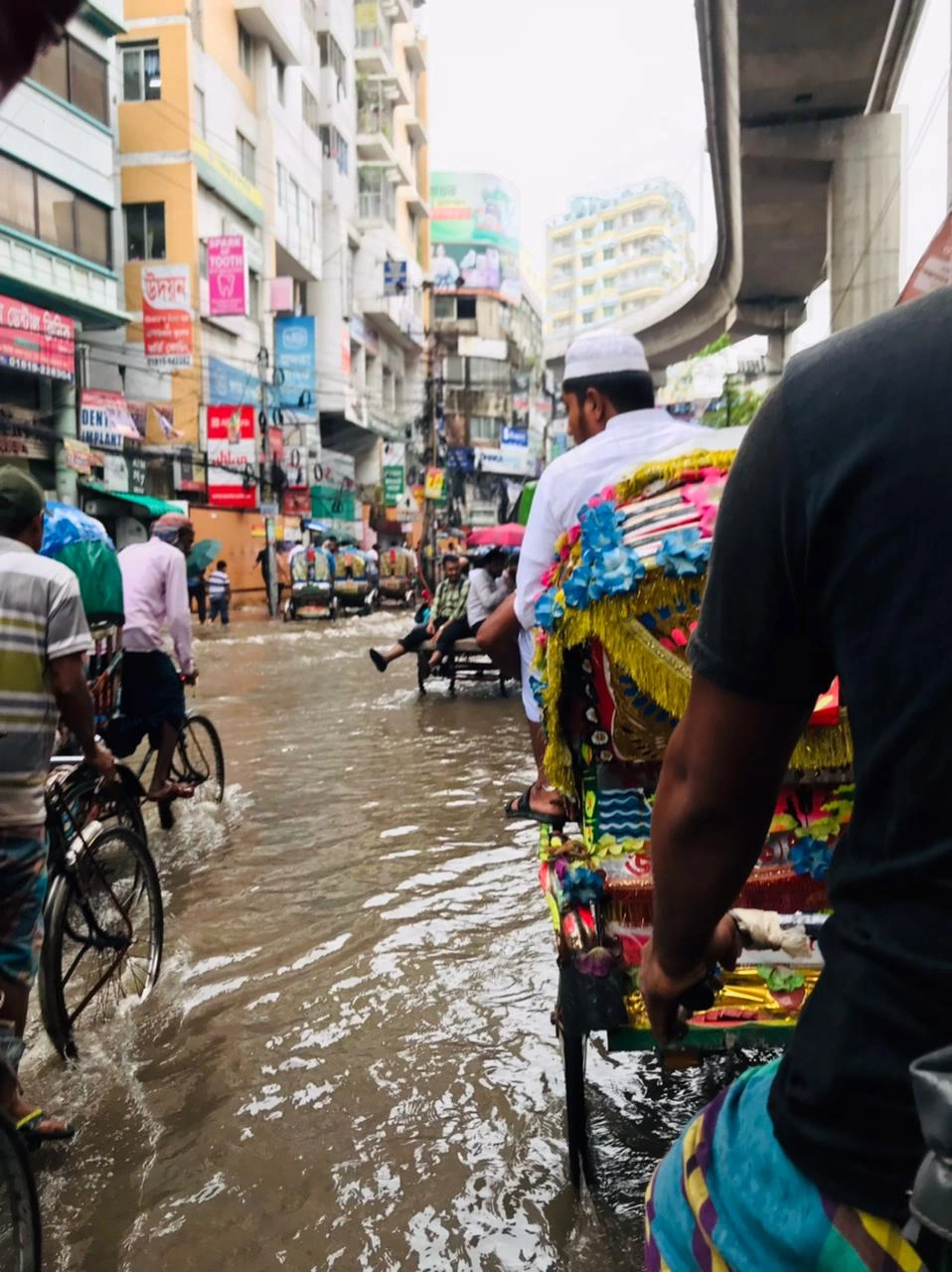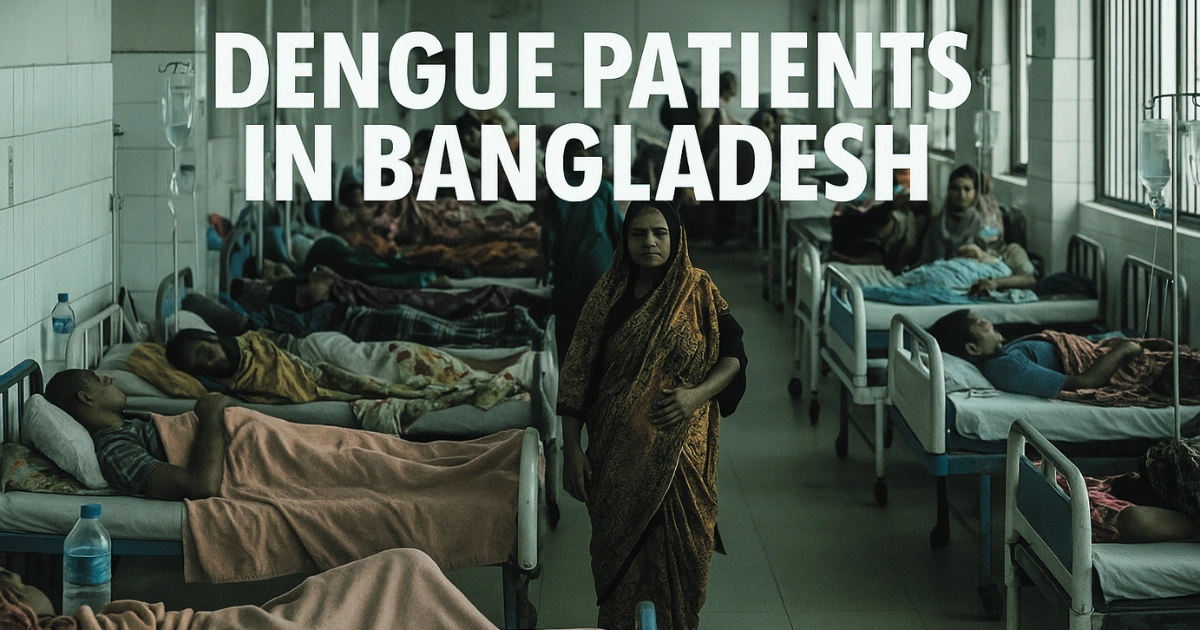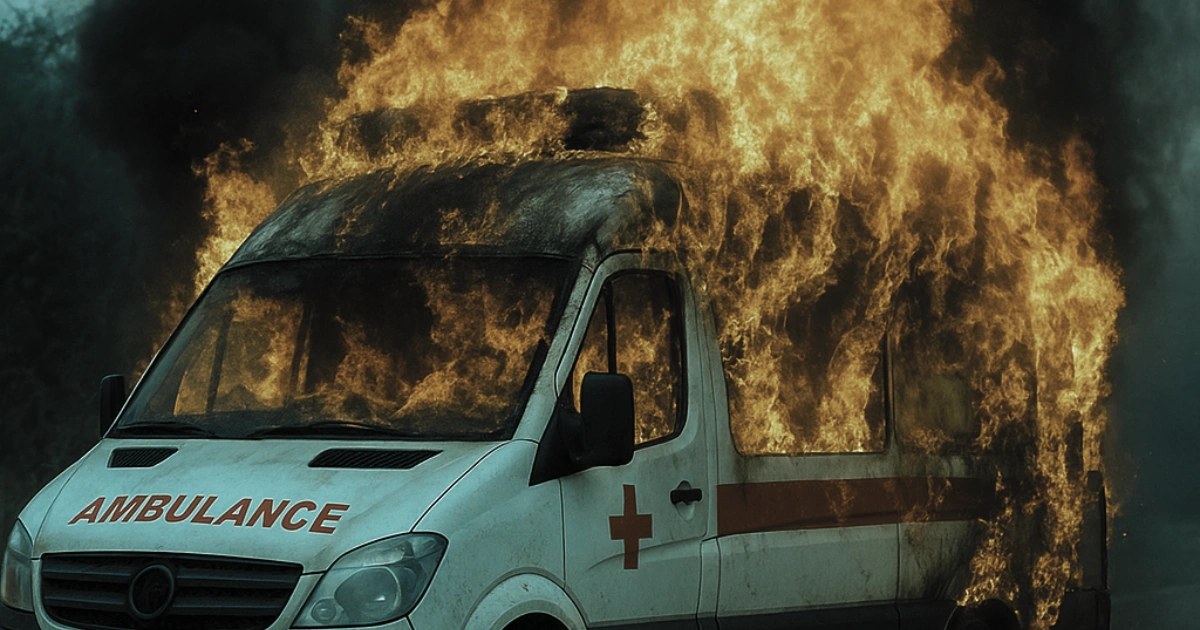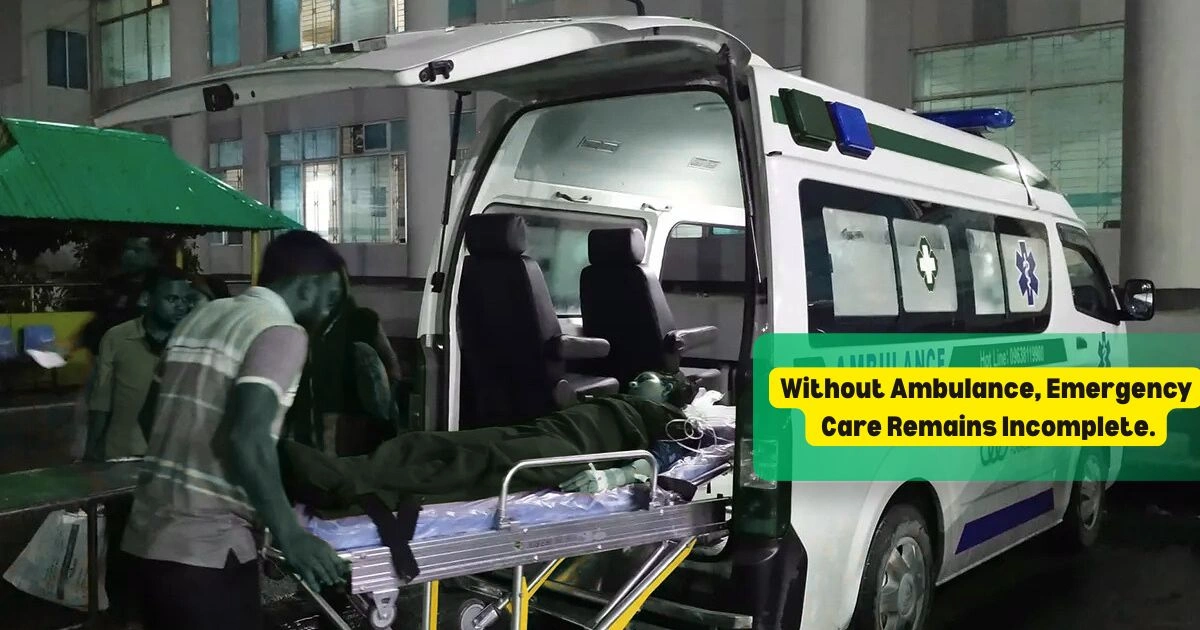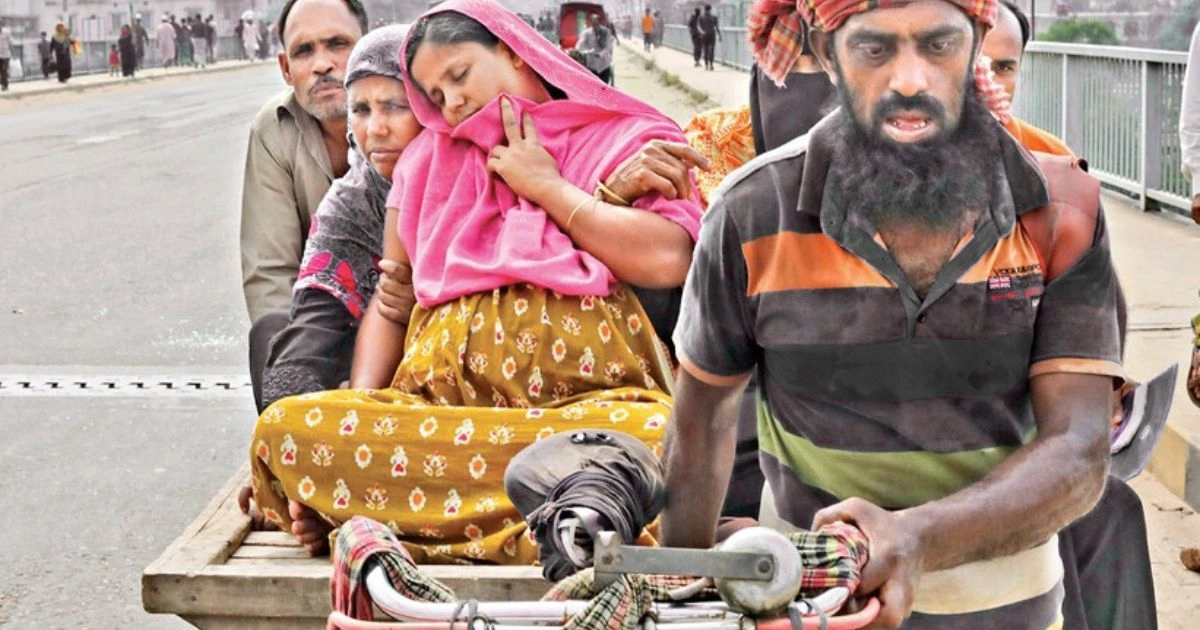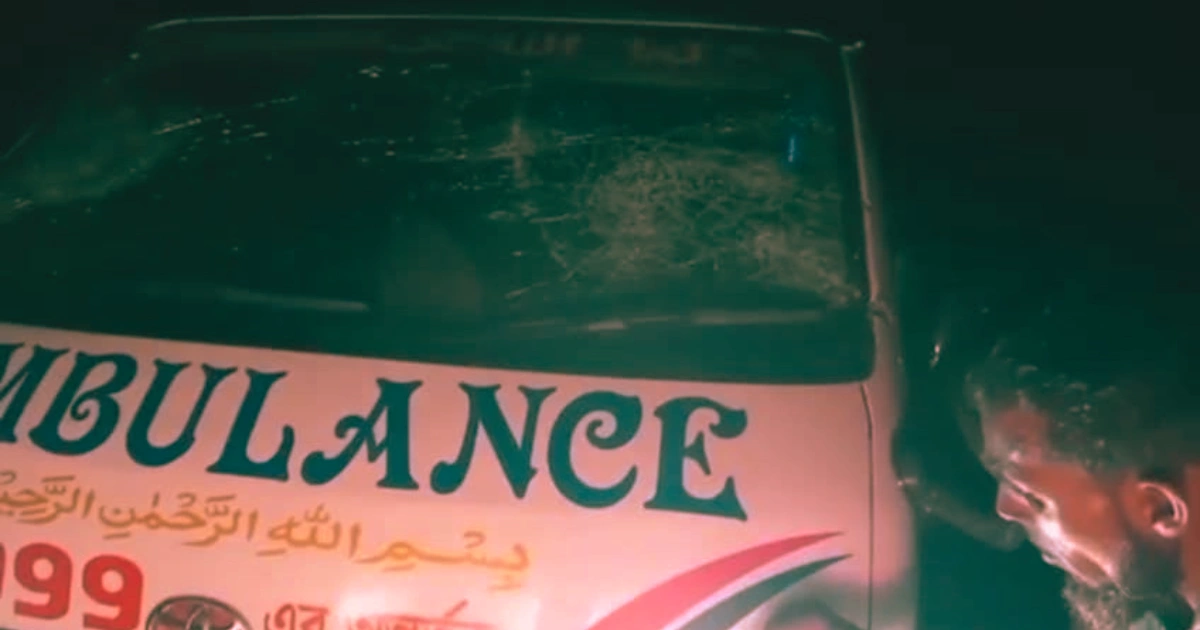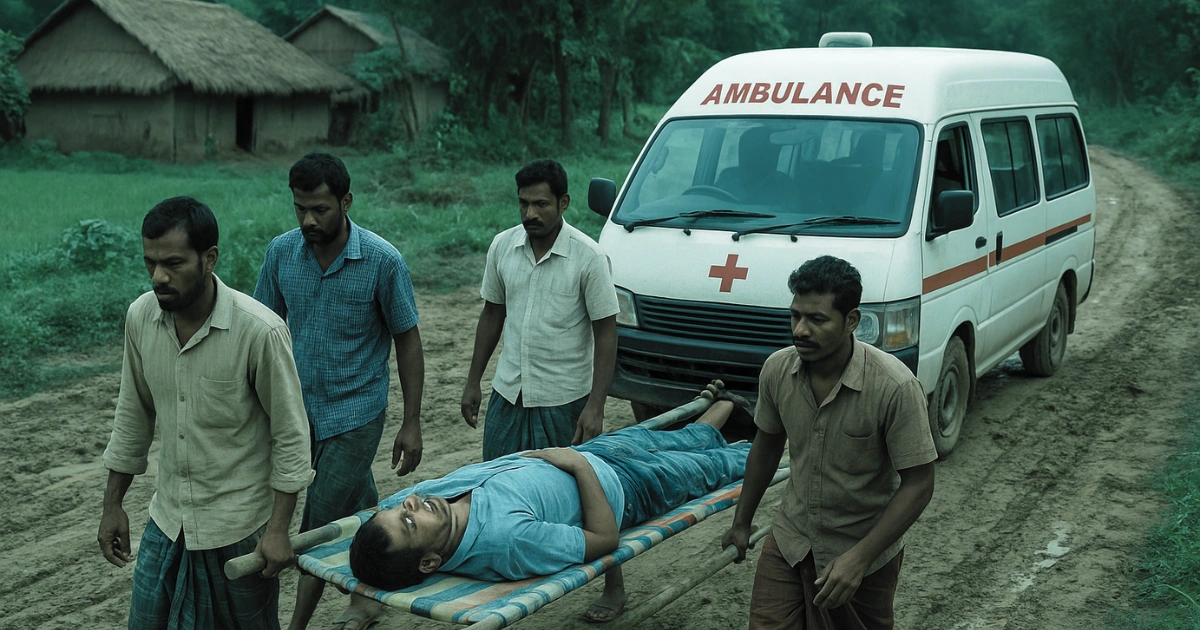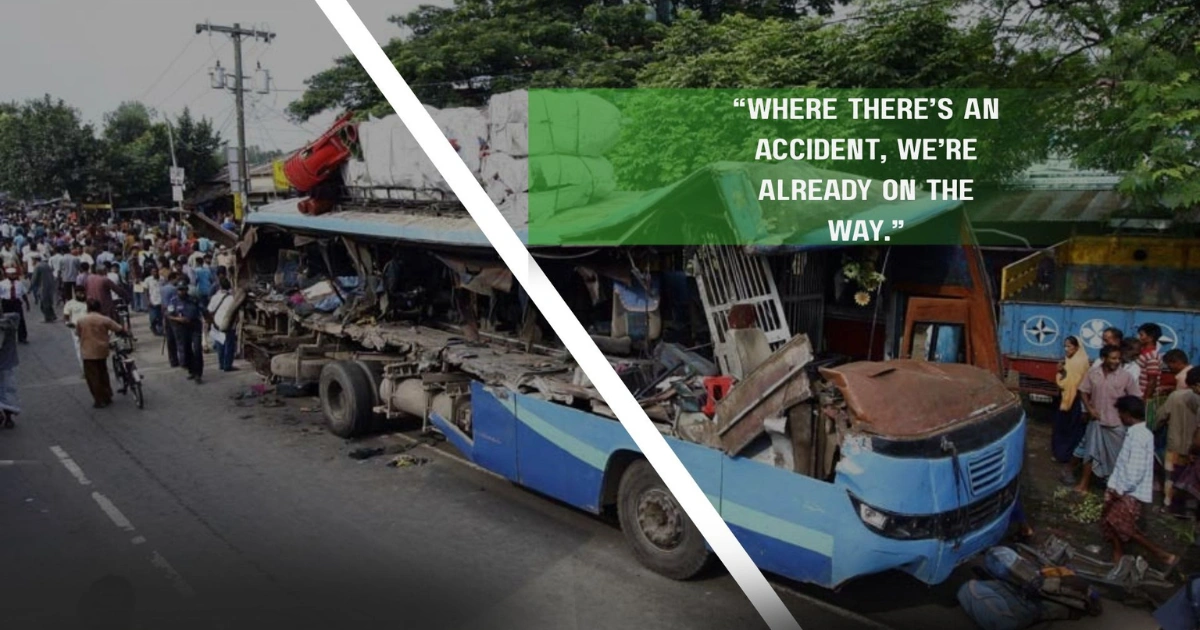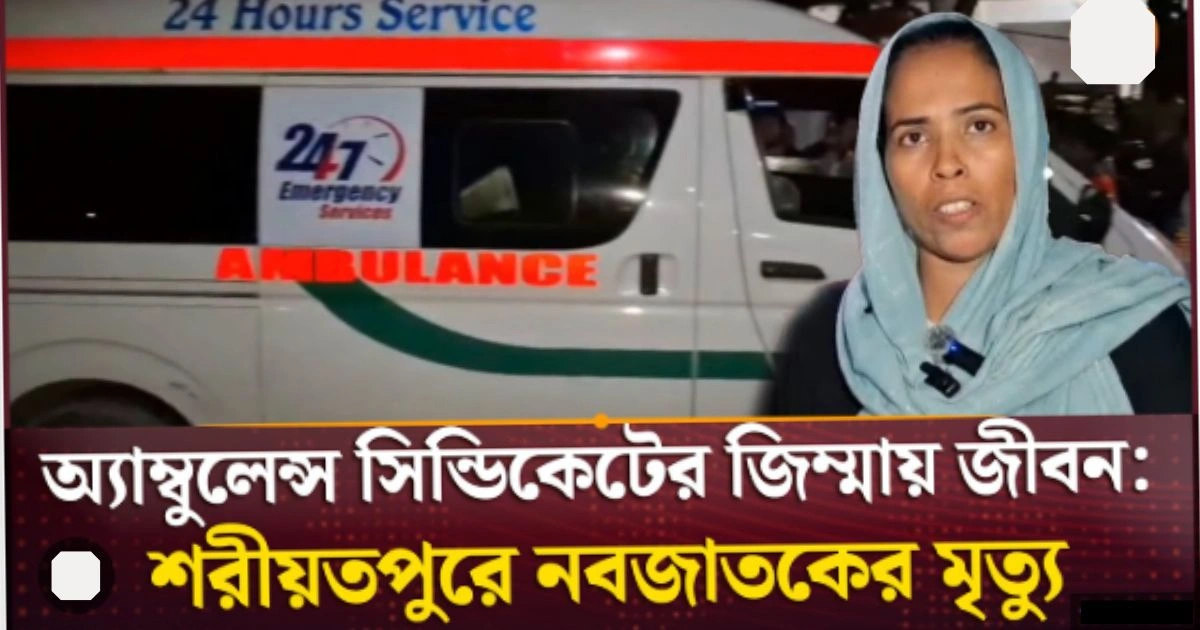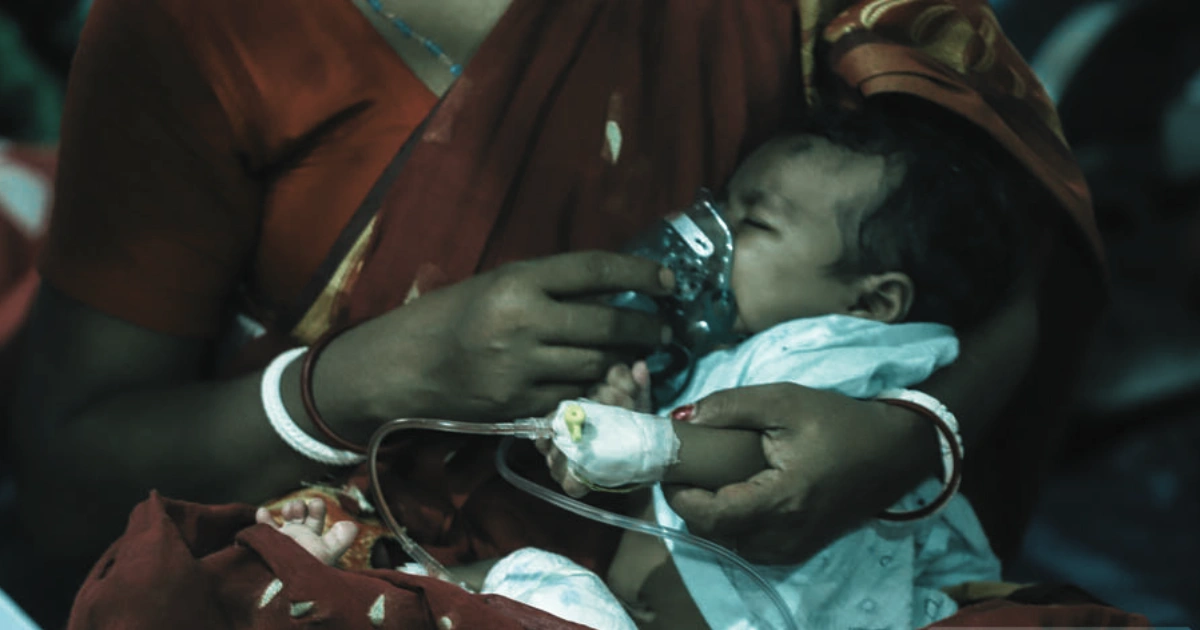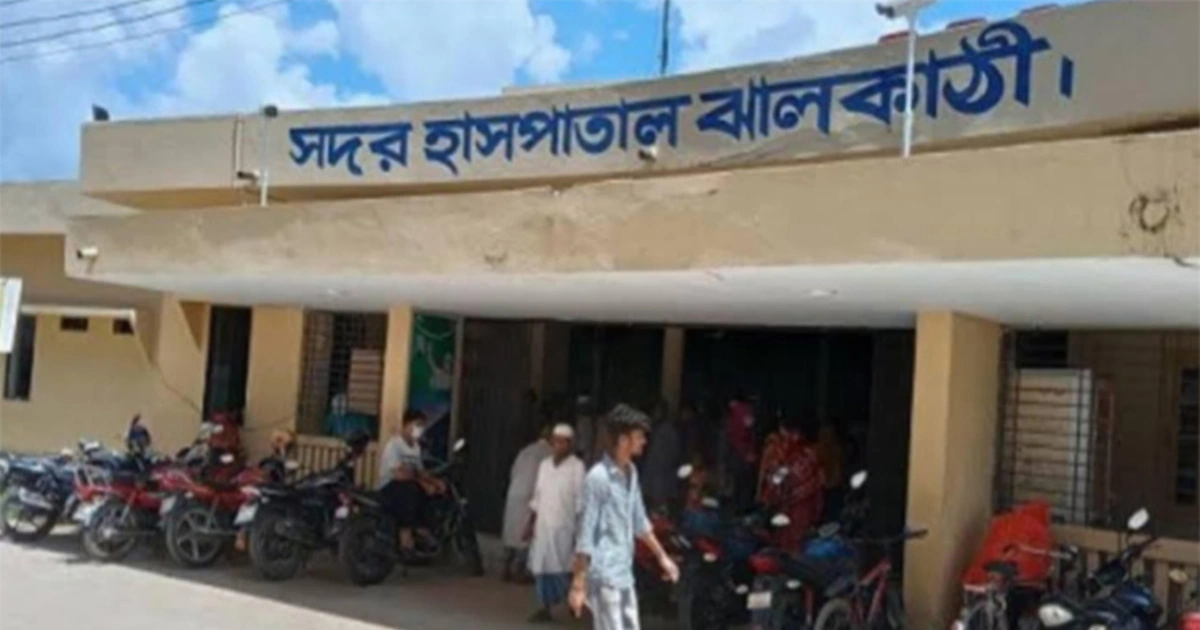Please fill out the form below and we will get back to you as soon as possible.
Pandemic-era ICU Expansions Now Idle Due to Workforce Gaps
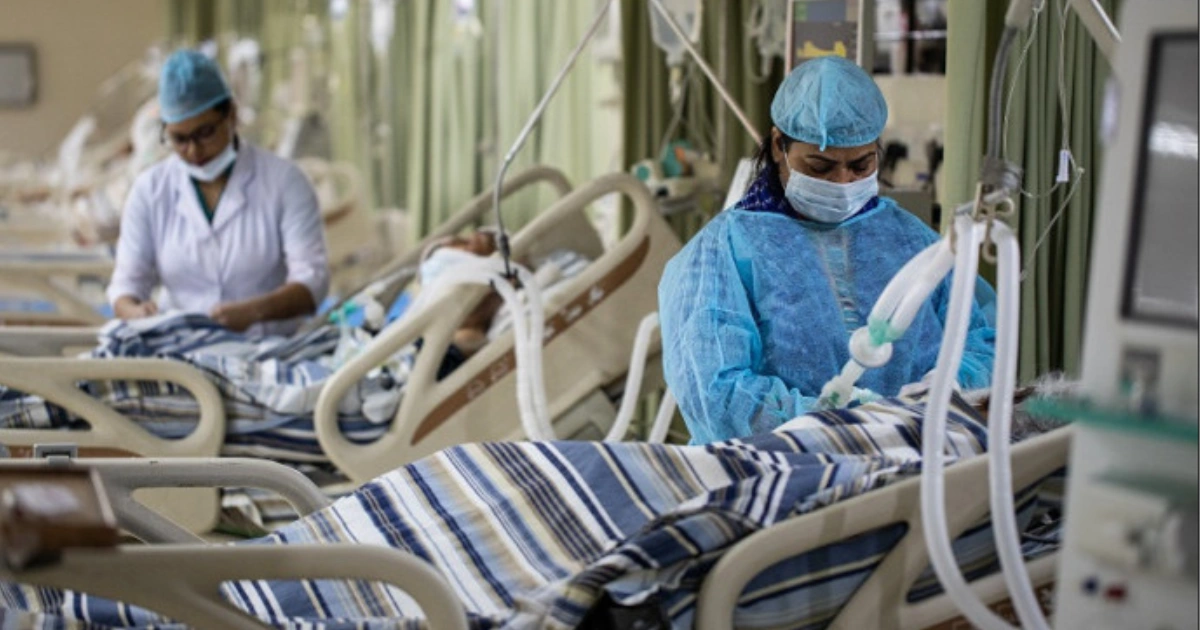
In April 2020, the Directorate General of Health Services (DGHS) reported only 112 fully functional ICU units nationwide. Since then, the number of ICU beds has risen sharply. Official data shows there are now 1,372 ICU beds across 74 public hospitals across the country, with 55% concentrated in Dhaka.
During the pandemic, the government allocated Tk512 crore under the Covid-19 Emergency Response and Pandemic Preparedness project to install 10-bed ICUs in 48 districts. Now, units in at least 12 district hospitals remain closed, leaving Tk120 crore worth of equipment at risk of expiry, said hospital sources.
The list of non-operational units includes Infectious Diseases Hospital, Manikganj Medical College Hospital, Tangail Medical College Hospital, Narayanganj Victoria General Hospital, Jashore 250-Bed Hospital, Sunamganj 250-Bed Hospital, and Chuadanga Sadar Hospital among others.
"Our hospital's ICU has been closed for more than a year because of staff shortages. The process to reopen it will begin soon," said Dr Alamgir Hossain, resident medical officer at Tangail hospital.
Over 1,000 doctors, nurses and technicians were recruited temporarily to run new ICUs during the pandemic. Their contracts expired in December 2024 and were not renewed. As a result, even hospitals with infrastructure cannot operate at full strength.
Health Secretary Saidur Rahman admitted many ICUs remain idle. "Infrastructure has been built in many districts but is not yet functional. Under a World Bank project, we are working to operationalise these units," he said.
He added that Bangladesh suffers from a chronic shortage of anaesthesiologists, critical care specialists and trained nurses. "It is difficult to meet demand with the current output of manpower. Recently we have raised salaries in fields like anaesthesia to attract more doctors."
State-of-the-art ICUs still idle
The shortage is not limited to district facilities. Even the Bangladesh Medical University (BMU) Super Specialised Hospital, inaugurated more than three years ago, has yet to fully activate its 100 ICU beds.
A 20-bed ICU was opened two months ago, but 80 beds remain closed due to a lack of skilled staff.
Professor Mustafa Kamal, head of Anaesthesia, Analgesia and Intensive Care Medicine at BMU, said: "Because of manpower shortages, we are unable to run the 20-bed general ICU at the Super Specialised Hospital. We hope to open more beds soon, which will ease pressure to some extent."
He said Bangladesh produces only 150-200 anaesthesiologists and critical care specialists every five years.
"With no scope for private practice, few pursue higher degrees in anaesthesia. ICU work also requires specially trained nurses, but many avoid such postings because of long hours and limited incentives," he said.
Prof Kamal suggested: "Special allowances should be introduced for ICU doctors and nurses. This would encourage doctors to specialise in critical care and motivate nurses to take on ICU responsibilities."
DGHS data shows there are 1,575 anaesthesiologists in both public and private hospitals combined, but nearly 70% of sanctioned posts in government facilities remain vacant.
Desperate search for ICU beds
For patients, the shortage means days of waiting and desperate searches.
Mosarof Hossain, 54, from Bhola, suffered a stroke on 3 September. He was referred to the National Institute of Neurosciences in Dhaka but denied admission due to a lack of ICU beds.
His family finally secured a bed at Birdem Hospital, paying Tk2 lakh in six days. To cut costs, they applied to BMU, where he was admitted after a two-day wait.
Not all are as fortunate. On Thursday night, Mohammad Khaled's condition deteriorated at Shyamoli 250-Bed TB Hospital. His relatives searched government and private hospitals across Dhaka for an ICU bed, but none were available. Khaled died without receiving intensive care.
At BMU, around 25 applications for ICU admission are received daily, but only 3-5 patients can be admitted. "We prioritise emergency cases and post-surgery patients. Treatment here costs Tk4,000-5,000 a day, but in private hospitals it can reach Tk70,000–80,000," said Prof Kamal.
Shaheed Suhrawardy Medical College Hospital, with 20 ICU beds and a new 10-bed HDU, receives 20-30 applications daily. "Our ICU is severely short of manpower – we are missing 15 doctors," said Dr Asadul Mazid Nomman, an anaesthesiologist there.
At Dhaka Medical College Hospital, where over 4,000 inpatients are treated at any given time, 50-60 ICU requests are made daily. "Out of all these, we can only provide beds for 3-4 patients a day," said Brigadier General Md Asaduzzaman, the hospital's director.
Doctors said government hospitals charge just Tk100 a day for ICU beds, while private facilities demand Tk12,500-15,000 daily, excluding medicines, ventilation and oxygen. For many families, the costs quickly become unbearable.
Experts warn that unless Bangladesh addresses the manpower gap, ICU infrastructure will continue to gather dust while patients die waiting.
"The country invested heavily after Covid-19, but without skilled manpower, the suffering of patients remains unchanged," said Prof Kamal. "This is not just about beds and machines – it is about building the workforce to run them."
Source :https://www.tbsnews.net/tags/ambulance
Reviews
No Data Found!
Recent Blog
অ্যাম্বুলেন্স ছাড়া জরুরি স্বাস্থ্যসেবা অসম্পূর্ণ
21 Sep, 2025
Ambulance syndicates are holding patients hostage
20 Sep, 2025
“নিউমোনিয়া মহামারি: কত শিশু হারাবে জীবন?”
20 Sep, 2025


